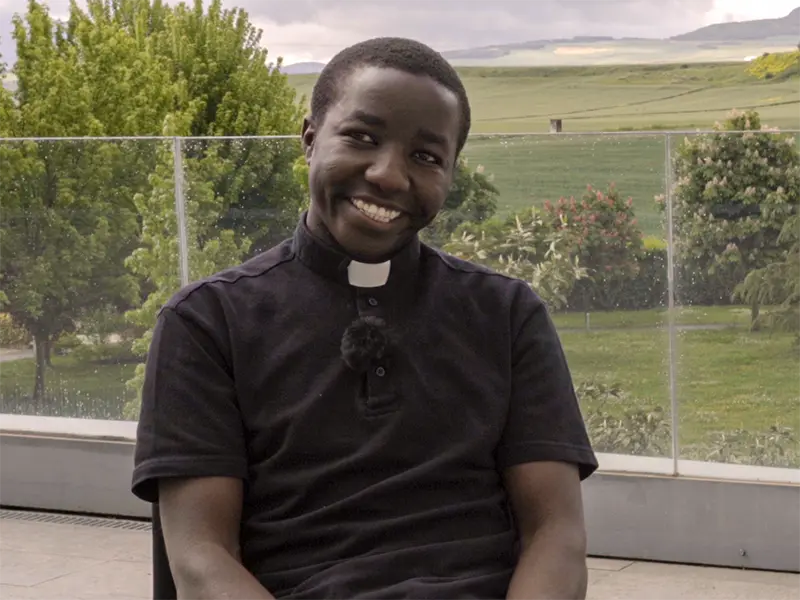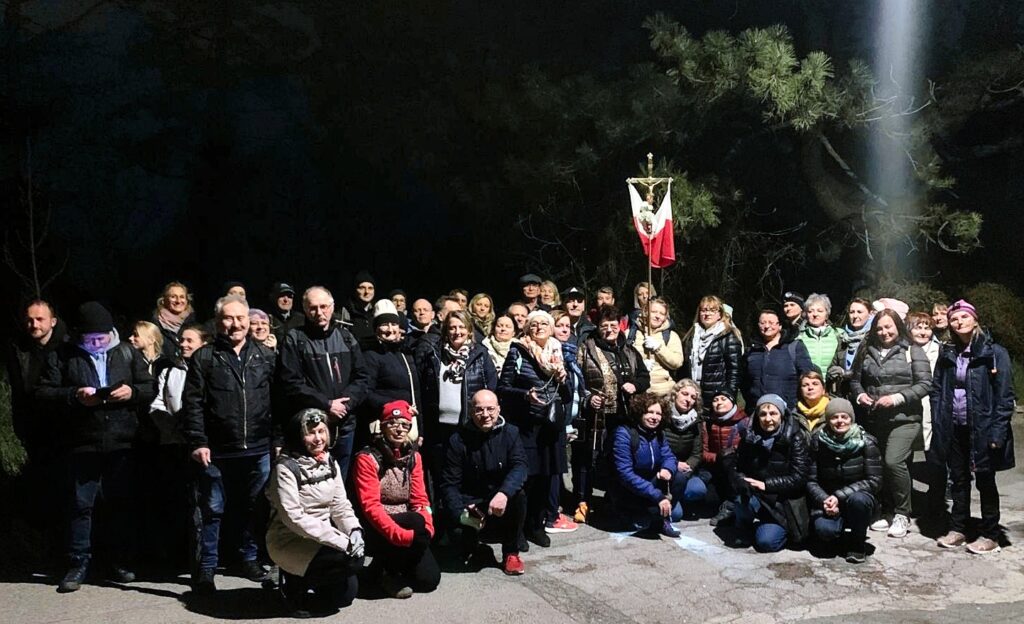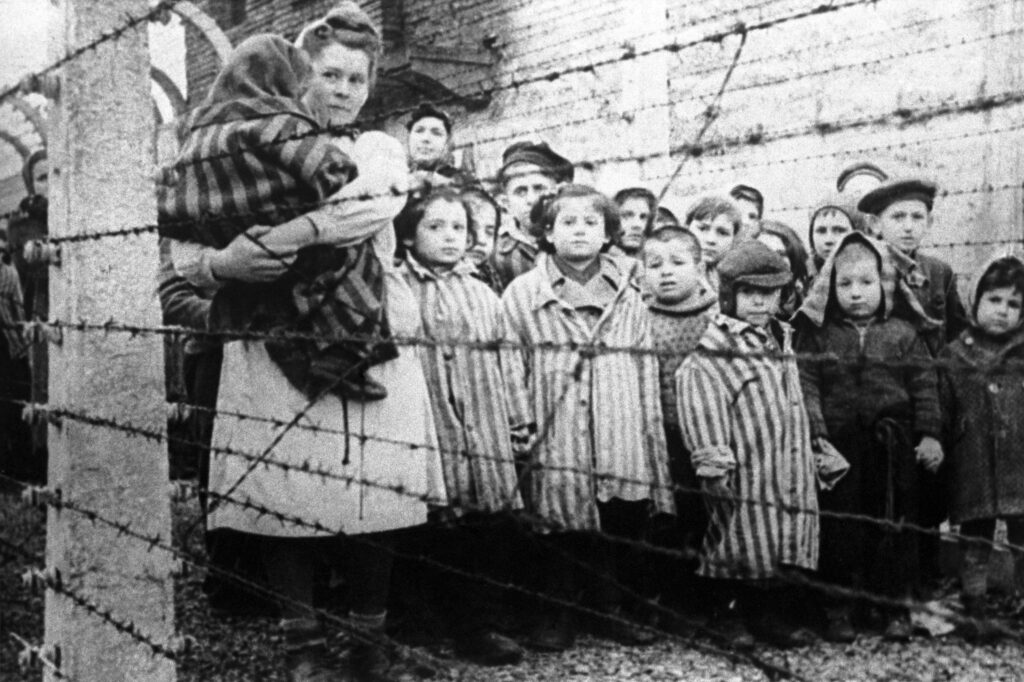Reflection by Monsignor Enrique Díaz: The peaceful sow peace and reap the fruits of justice
XXV Ordinary Sunday

Monsignor Enrique Díaz Díaz shares with the readers of Exaudi his reflection on the Gospel of this Sunday, September 22, 2024, entitled: “The peaceful sow peace and reap the fruits of justice.”
***
Wisdom 2, 12. 17-20: “Let us condemn the righteous to a shameful death”
Psalm 53: “The Lord is my helper”
James 3, 16-4, 3: “The peacemakers sow peace and reap the fruits of righteousness”
Saint Mark 9, 30-37: “The Son of Man is to be handed to me. If anyone wants to be first, let him be the servant of all”
When we were just emerging from the pandemic and were stunned to wonder what would follow and heard of new mutations and new viruses, an old man, who had miraculously survived, told me that he was not afraid of those viruses. He was more fearful of the “triple P” virus, which is more contagious. “The triple P virus?” someone asks him with a questioning face. “Yes,” he answers confidently, “it is the virus of power, of possessions and of pleasure. It is very difficult to find someone who is not infected by it. It is almost fatal and there are very few defenses against it. It destroys nations, friends and even families. It is extremely dangerous.” St. Paul tells us something similar: where there is envy, evil passions and rivalries, there is disorder and peace cannot be found.
What a contradiction! While Jesus is announcing that he will give himself into the hands of men, that his love and service will lead him to death, but that there will be resurrection, his disciples, those who have been most immersed in his doctrine and teachings, those who have seen his example, are fighting for the first places! Such are the contrasts between the ways of God and the ways of man. Today too, although it seems that we are close to Jesus, we fall into the temptation of snatching and fighting for the first places. Thus, “the Man of the Cross” continues to be condemned to “an infamous death.” His presence and his words are a source of embarrassment and confusion for those who claim to have a free field for their own not so transparent operations. The owners of power, knowledge and possessions, the promoters of instruments of death, the addicts of the market of sex and success, do not tolerate any criticism or questioning.
St. Mark is very eloquent: Christ explains that he will have to be handed over to the cross, whereas the disciples “did not understand those words and were afraid to ask for explanations.” The lack of understanding of Jesus’ message continues throughout history. And today we must also recognize that we have not understood these words, and the saddest thing is that we too are afraid to ask for explanations that compromise us. It is true that we have filled the tops of the mountains with crosses, it is true that there is no lack of beautiful crucifixes in our places, but we cannot say that we have learned the logic of the crucified one. The arguments over the first places, the fights and jealousy, the envy and the obstacles, are elements that appear in our communities. It is the weapon of politicians to win votes, it is the tactic of big business, it is the path that many follow to get ahead: to knock down their brother in order to get ahead. Christ upsets the patterns of society, always ready to elevate the first and despise the last, by virtue of vanity, pride and ambition. The demand to be the last and the servant of all, certainly contradicts the history of human coexistence, but it is the example of Jesus. To welcome and serve God, to belong to the community of Jesus, implies welcoming and serving the last, the one who does not count. It is the option for the poor, the criterion for knowing ourselves to be disciples of Jesus.
Suddenly in some business or commercial firm we hear these welcoming words: “We are at your service, serving you is our mission…” Or, in political campaigns, candidates always run to “serve the people.” But for them, serving has another meaning. We enter into a marketing plan and force the little ones to be the servants of the powerful, to serve as a doormat that is walked on, to be used for the sake of a better profit. When Christ tells us: “If anyone wants to be first, he must be last of all and servant of all.” He means it; it is not a show, nor a business. It is not the servility that is demanded of those who have less so that they can earn a few pesos. Service is a vital impulse of every Christian community. The true disciple looks at Jesus, contemplates him serving with complete freedom, taking his service to the radicality of giving his life, and decides to follow his example. He is not a person who “provides services,” but rather makes a generous gift of himself in search of the integral good of the person, the growth of the community and the emergence of the Kingdom.
Jesus’ disciples were unable to understand his behavior, but they finally let themselves be questioned. Today, we too will have to allow ourselves to be challenged and examined by Jesus. Let him, with his loving gaze, look inside us, analyze us, and encourage us to take on this new life. Perhaps we should review how many little ones and helpless people we welcome into our home, who our friends are, who we trust, and what our plans are. Are we following Jesus’ path? Let us also review this kind of collection that we pass on to all those who are close to us. Let us see if we are generous or are we demanding payment, direct or indirect, from God, friends, family, strangers, friends and enemies. Let us try to live today, doing our works “free of charge.” Do we resemble Jesus in our way of serving?
Our God, who in love for you and our neighbor have wanted to summarize your entire law, grant us to discover you, love you, and serve you in our brothers and sisters so that we may attain eternal life. Amen.
Related

“Being Catholic in Tanzania is a source of pride”
Fundación CARF
16 April, 2025
6 min

The Vatican Suppresses the Sodalitium of Christian Life After a Long Discernment Process
Exaudi Staff
15 April, 2025
1 min

From Kahlenberg to the Papal Cross – Polish Night Way of the Cross in Vienna
Heschel Centre for Catholic-Jewish Relations at the Catholic University of Lublin
15 April, 2025
2 min

“I Will Never Be Herod for the Innocents”
Wlodzimierz Redzioch
14 April, 2025
6 min
 (EN)
(EN)
 (ES)
(ES)
 (IT)
(IT)

